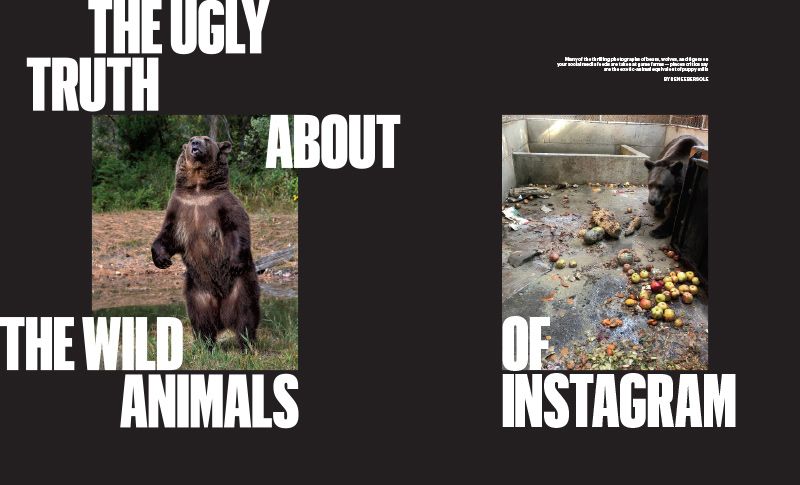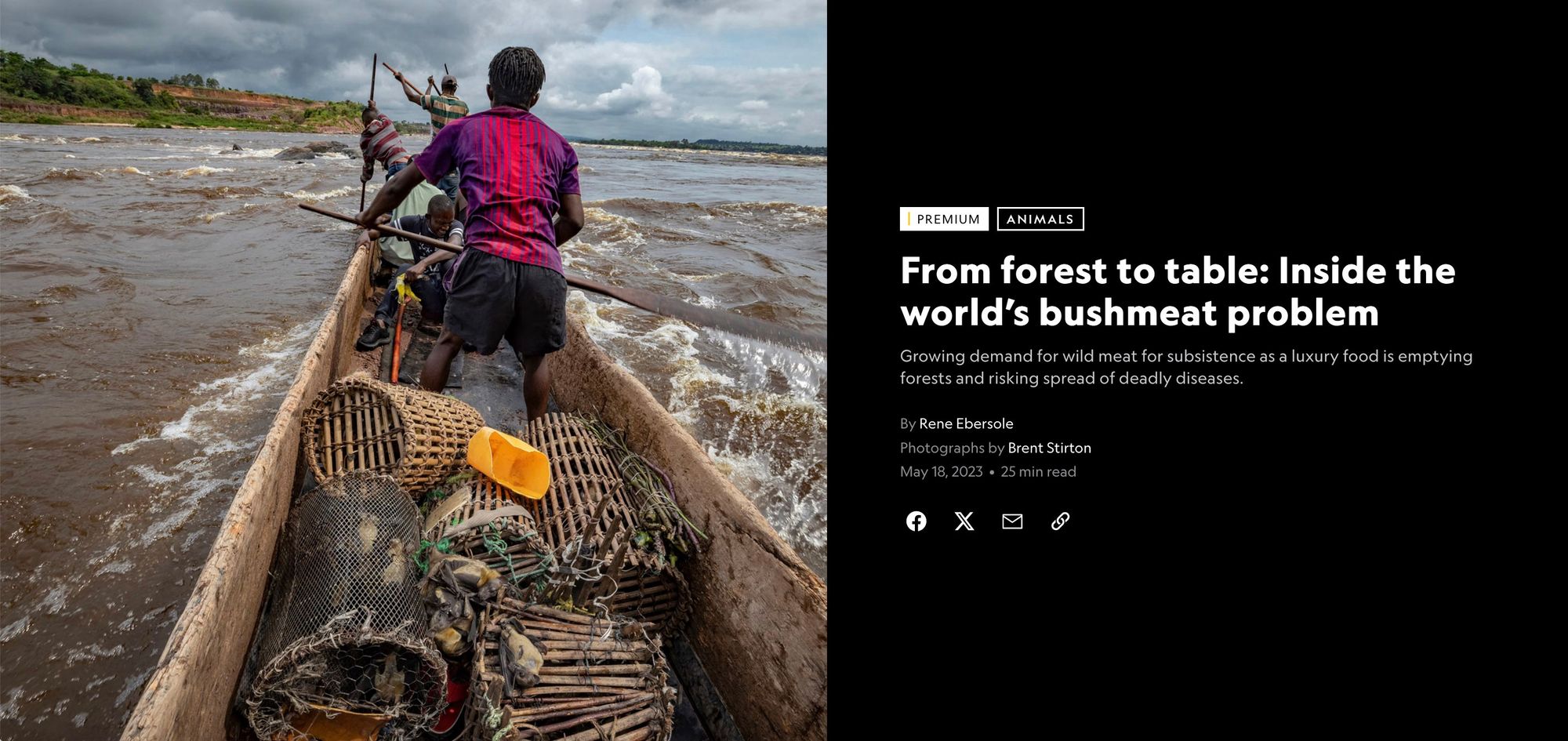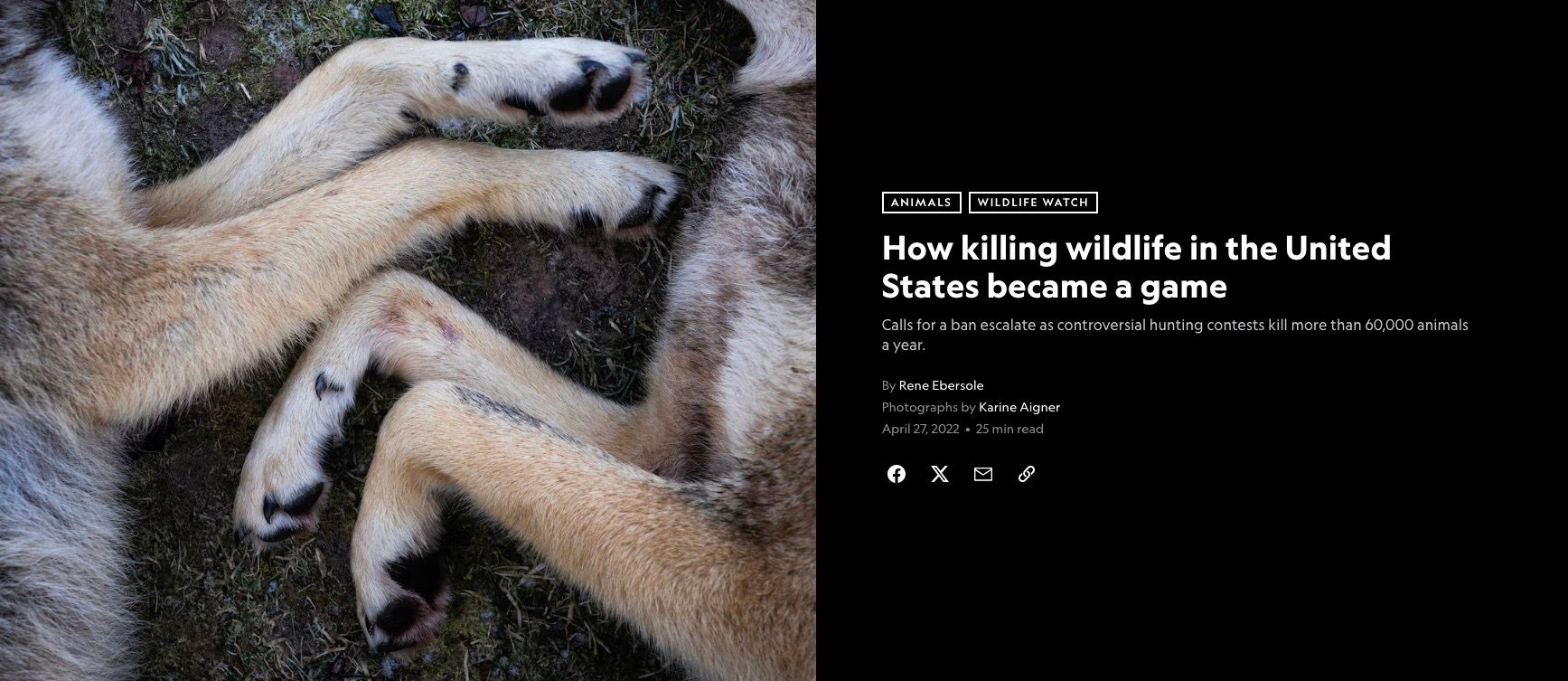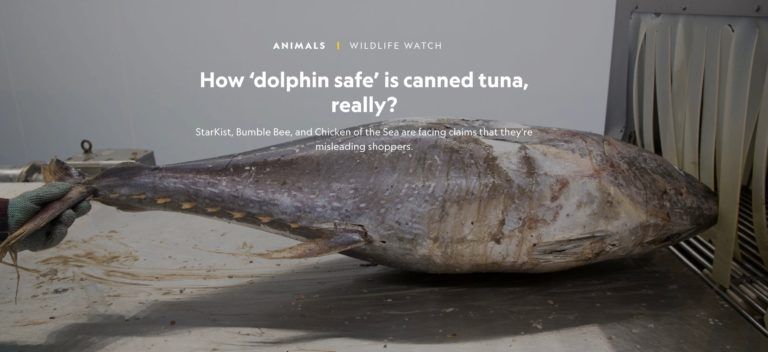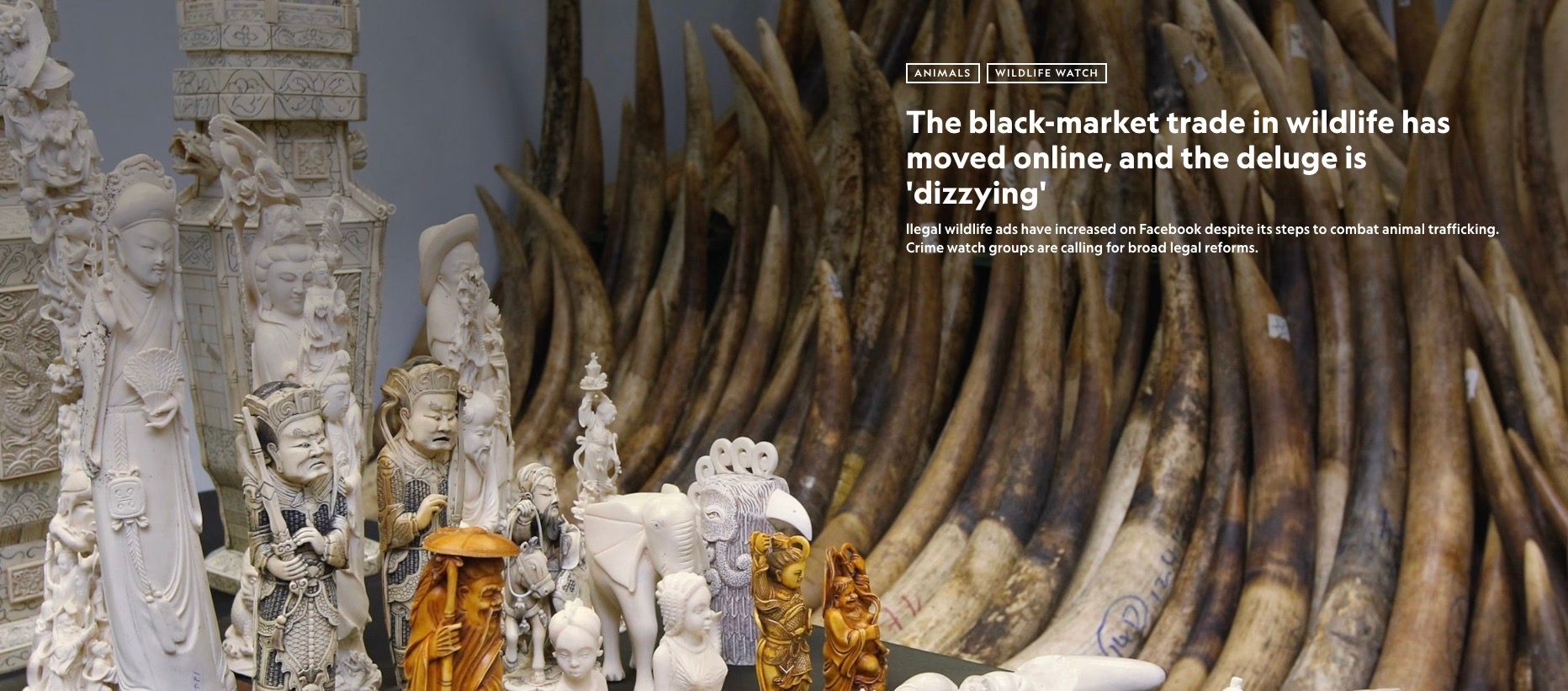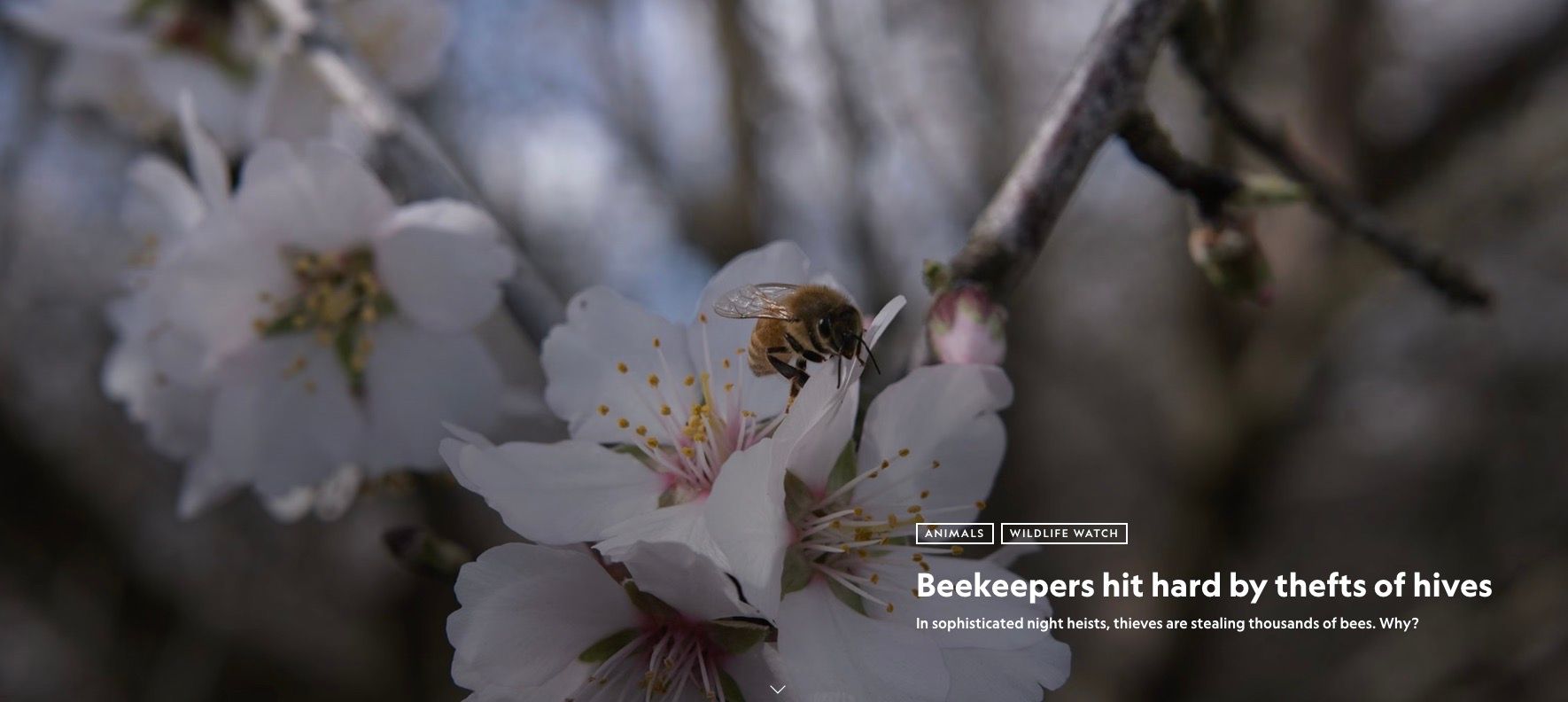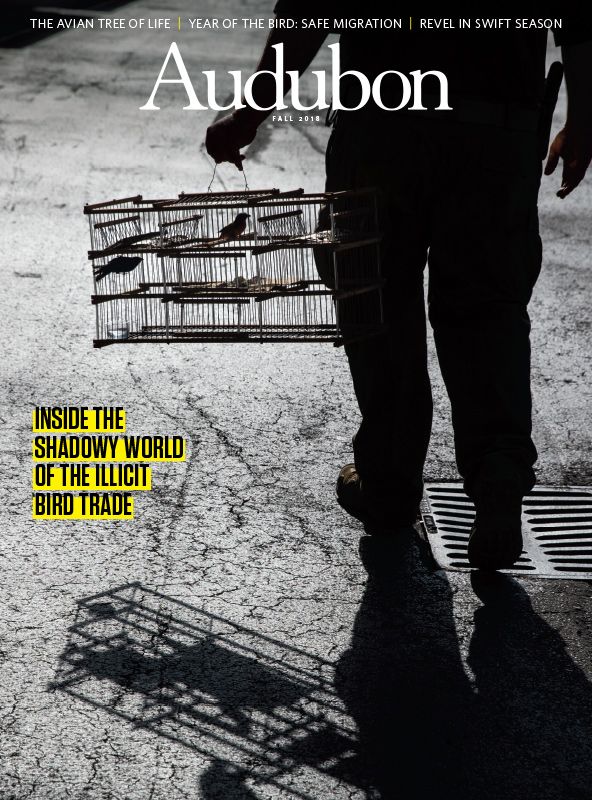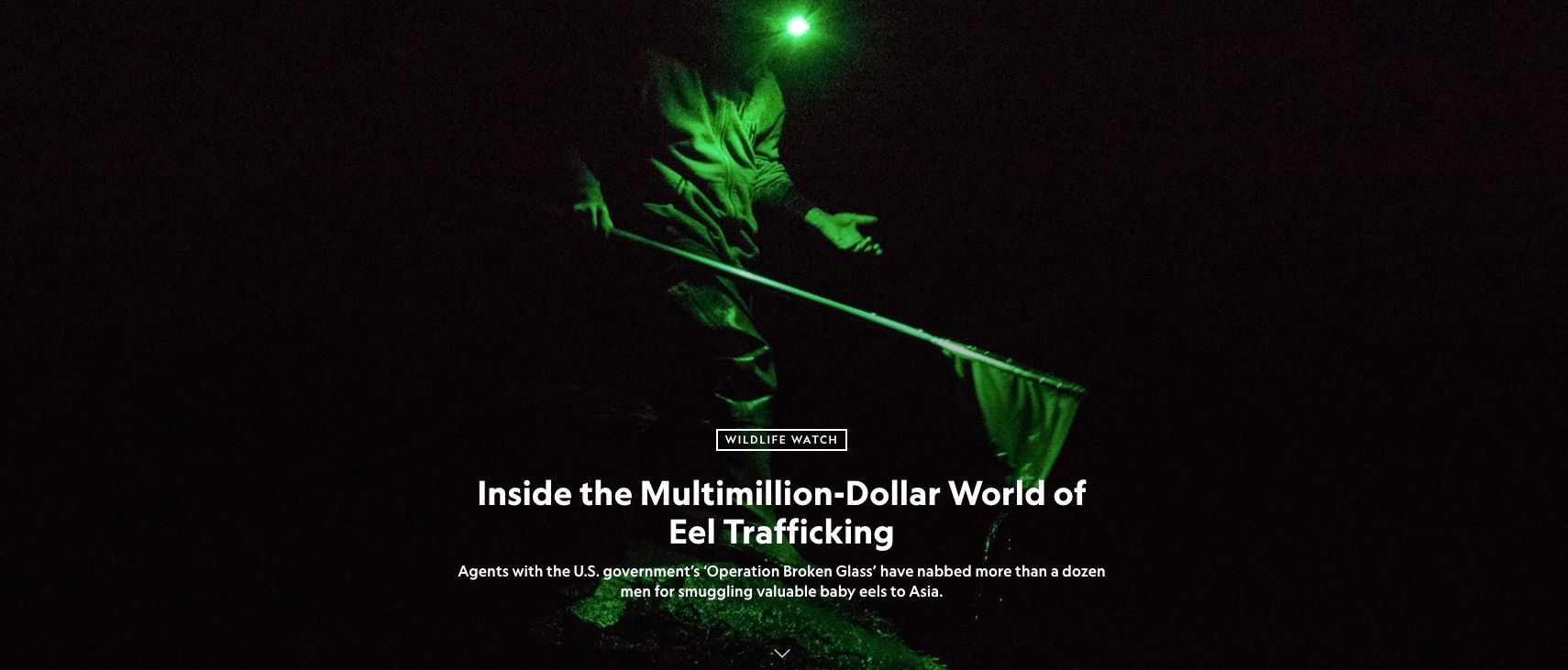Rene Ebersole is a National Magazine Award-winning journalist with more than 20 years of freelance writing and editing experience. Her coverage is often at the intersection of crime and science. For National Geographic, she went behind the scenes of Central Africa’s bushmeat trade, investigated why thieves steal honey bee hives in California, revealed how Facebook facilitates the illegal wildlife trade on its platform, unveiled the truth about “dolphin-safe” tuna, and exposed why you might not be getting the salmon you paid for. In an in-depth investigation for Rolling Stone, she exposed the ugly truth about the wild animals of Instagram. Her coverage in The Nation was some of the earliest reporting to reveal thousands of cancer cases that may have been linked to Monsanto’s popular weed killer Roundup. While a 2021-2022 MIT Knight science journalism fellow, she did a deep dive into the legacy of junk science in the criminal justice system. As a former professor and graduate of New York University’s distinguished Master’s program in Science, Health, and Environmental Reporting, she helped train dozens of accomplished journalists, many now working in senior positions at major magazines, newspapers, radio programs, and film companies. Her work can also be found in The Washington Post, The Marshall Project, Mother Jones, Outside, AARP Magazine, Undark, and Audubon, where she was an editor for more than a decade.
Examples of My Previous Work
